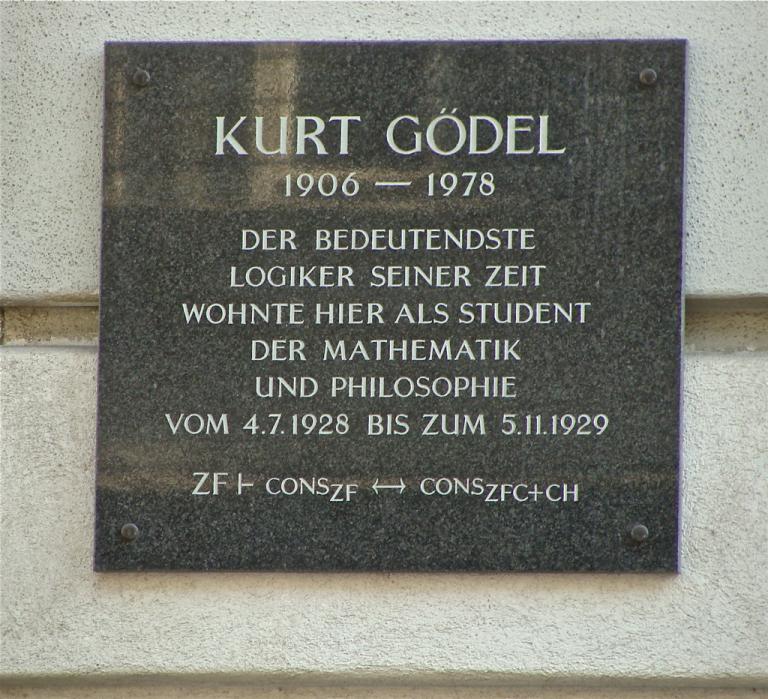
(Wikimedia Commons)
This blog’s resident scientistic ideologue, who comments pseudonymously, posted a remark a few hours ago that caught my attention:
“Creationism,” he opined, “is not scientifically valid because it is an unfalsifiable idea.”
Now, this fellow operates on the basis of a very broad definition of creationism. For most folks, the term typically but rather sloppily refers to “young-earth creationism.” Some extend it to refer to “intelligent design.” He, on the other hand, effectively uses it for anybody who believes in a non-deistic God.
But I’m not particularly interested right now in the specific issue of “creationism.” Nor am I really interested in arguing about the nature of science, which, I agree, generally does rest on the concept of “falsifiability.” (I’ve read my Karl Popper, after all.) And I’m certainly not claiming that evidence, proof, and justification are irrelevant where they’re available, or that absolutely anything goes.
I responded to him as follows:
Incidentally, just for the record: An unfalsifiable — and, hence, “unscientific” — idea could nonetheless be true.
The limits of science aren’t necessarily identical to the limits of reality.
And, while we’re at it, to argue that all of reality falls within the range of science would seem, itself, to be claiming something that cannot conceivably be demonstrated by science.
I think, now, that I’ll elaborate on that response just a little bit. Here are some specimens of propositions that many would argue to be true and that plainly seem reasonable or rational to hold but that, nonetheless, cannot be proven:
- You aren’t a mere brain in a vat being fooled into believing that events are actually occurring in an actual external world. (Think, perhaps, of The Matrix.)
- The world wasn’t just created a half hour ago. Your memories of a world more than thirty minutes before aren’t false. They weren’t implanted in you.
- Rape is evil.
- Torturing small children for fun is wrong.
- Logic is valid.
- Science is not the only path to truth.
- Your spouse loves you.
Even in science, there are hypotheses or theories that either cannot now be demonstrated true or that may even be impossible in principle ever to demonstrate. One of those is “string theory”:
“String Theory Has Failed as a Scientific Theory”
“Is String Theory Pseudoscience?”
And then, as kgbudge reminds me in a comment on my blog, there are Kurt Gödel’s two famous incompleteness theorems, published in his 1931 paper Über formal unentscheidbare Sätze der “Principia Mathematica” und verwandter Systeme (“On Formally Undecidable Propositions of Principia Mathematica and Related Systems”). The first incompleteness theorem declares that, for any self-consistent recursive-axiomatic system that is sufficiently powerful to describe the arithmetic of the natural numbers, there are true propositions about those natural numbers that cannot be proven from the axioms. Thus, to put it just a bit more clearly, there will always be at least one true but unprovable statement.
QED.












